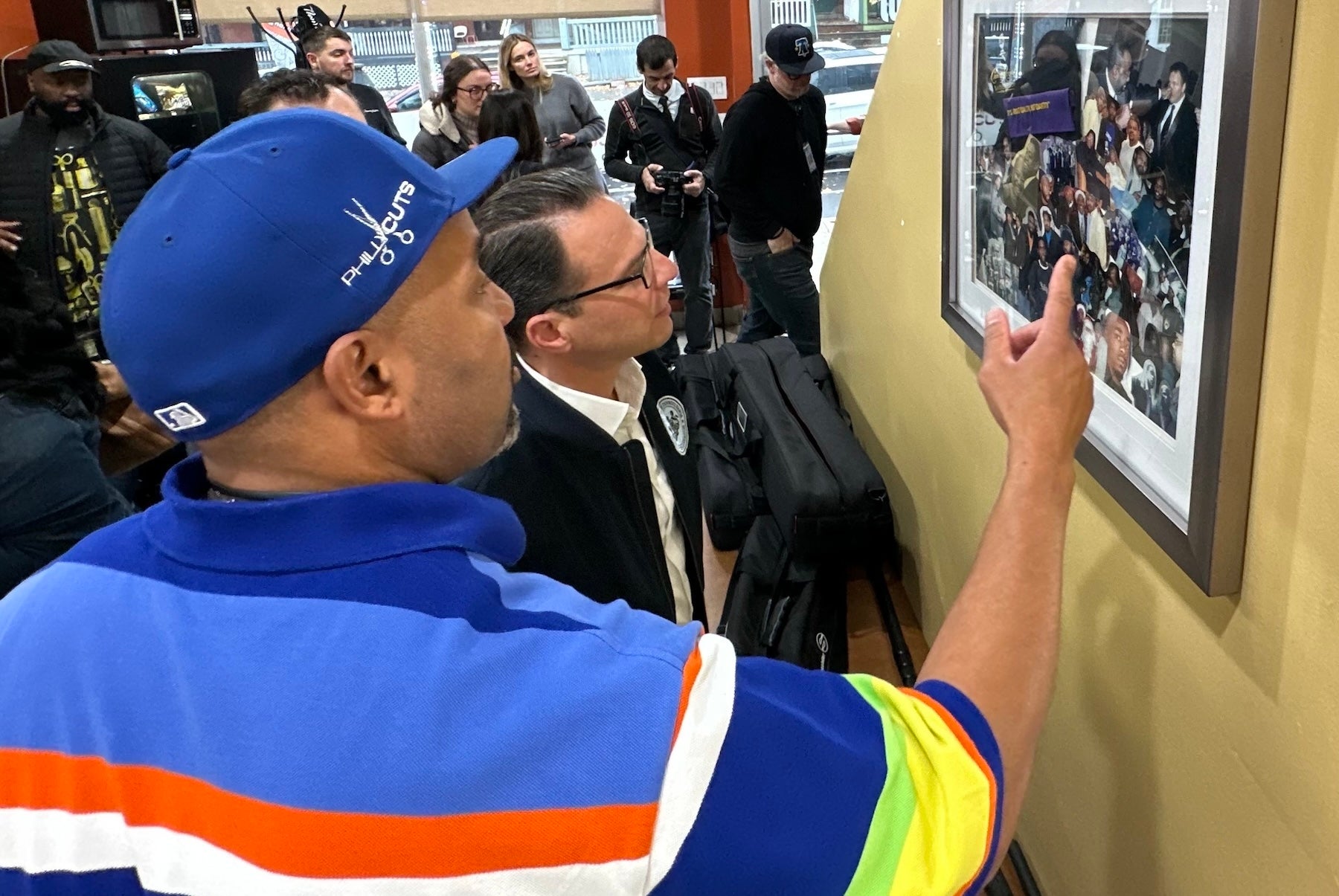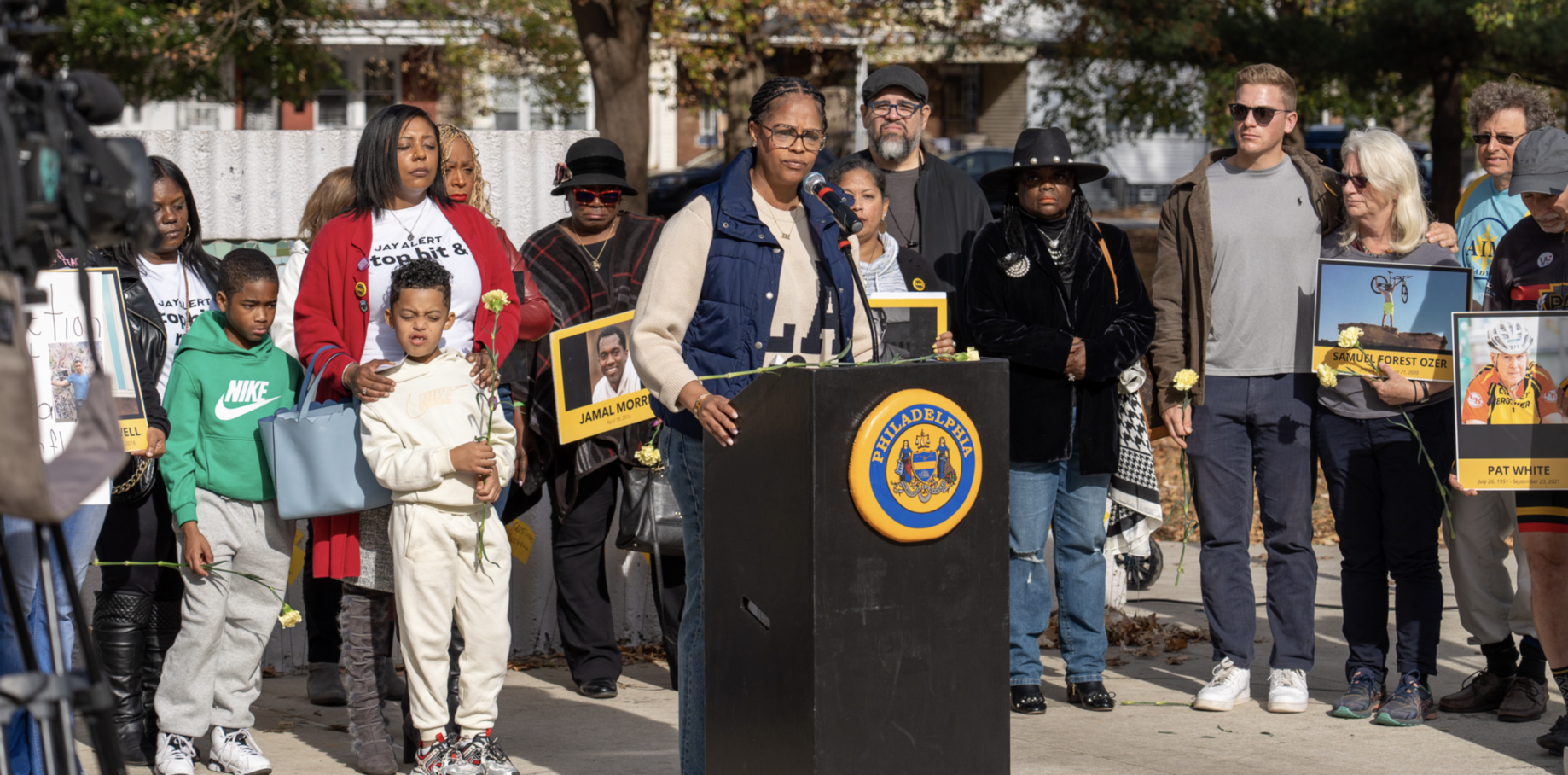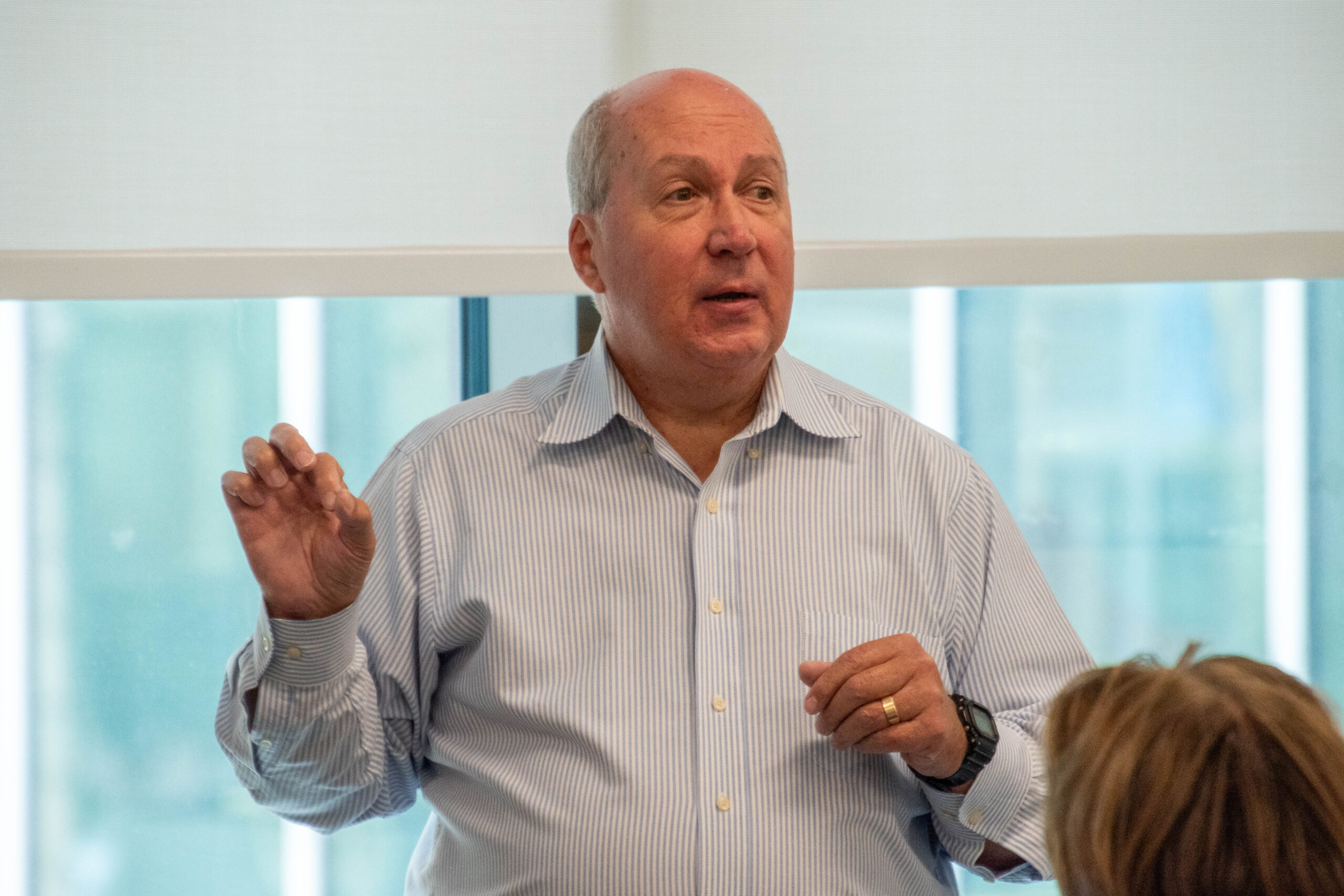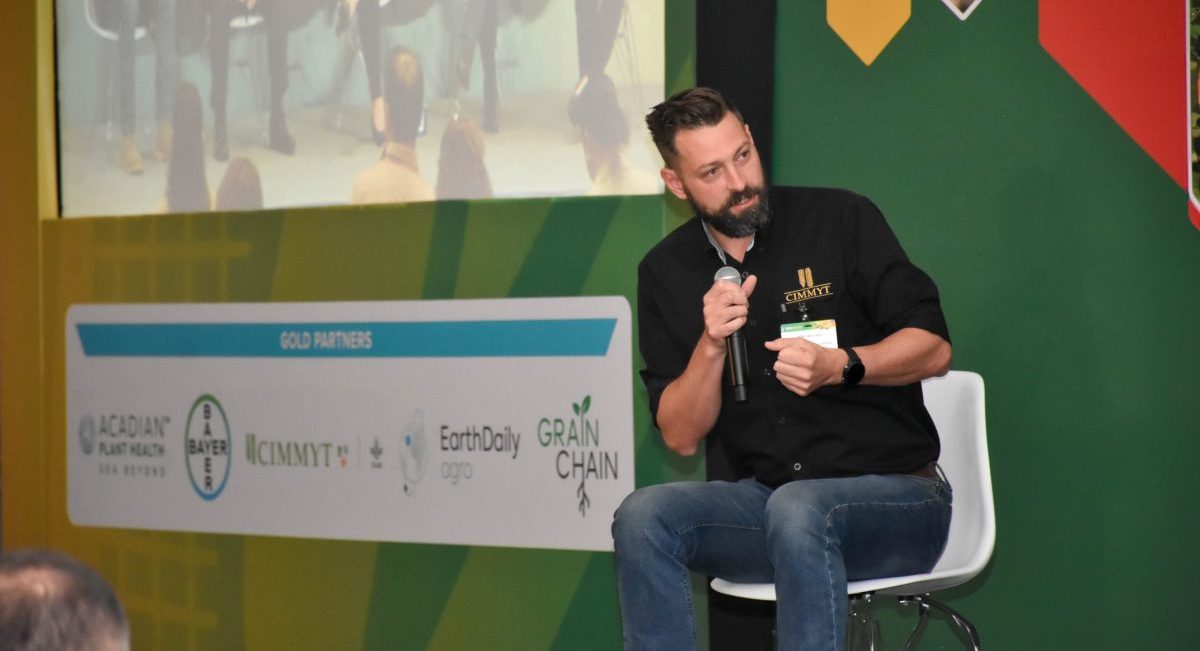World
The Dodgers’ MVP outside of Ohtani? How Teoscar Hernandez became L.A.’s unsung star

After Freddie Freeman pulled a Kirk Gibson and before Yoshinobu Yamamoto completed a career-defining start, Teoscar Hernández made his own mark on this World Series, belting a two-run homer in Game 2 that provided the winning runs in the Los Angeles Dodgers‘ 4-2 victory over the New York Yankees. It was a moment that might go largely unnoticed in the story of this series, trampled in Game 2 by Shohei Ohtani‘s injury scare — but such anonymity might be fitting.
Hernández has spent all year as an overlooked-yet-crucial figure on a star-laden Dodgers team that is now two wins away from a title.
Amid a $1 billion splurge that was headlined by Ohtani, Yamamoto and Tyler Glasnow, Hernández accepted a one-year, $23.5 million contract largely because his market hardly materialized, an addition that seemed almost unnecessary. But the Dodgers’ lineup wouldn’t be as deep without his power. Their clubhouse wouldn’t be as united without his presence.
Hernández sipped on a cup of coffee near his home in the L.A. neighborhood of Studio City last week and reflected on a year that began with hope and will end, championship or not, “better than anything I could have imagined.” Hernández put together one of his best offensive seasons — with a .272/.339/.501 slash line, 33 homers and 99 RBIs in 154 games — won the Home Run Derby, and became the joyous, sunflower-seed-throwing, in-game-microphone-wearing face of one of baseball’s most famous teams.
“Shohei is obviously going to be MVP of the entire league,” Dodgers shortstop Miguel Rojas said. “But to me, outside of him, Teoscar is our MVP.”
Ohtani and Yamamoto were the clear headliners of last winter’s free agent class, primed for nine-figure deals that would set new precedents. Following them in the pecking order was a vexing group of household names who demanded massive contracts but presented a wide range of concerns, a list consisting of Jordan Montgomery, Josh Hader, Matt Chapman and Cody Bellinger.
Hernández resided in the tier just below them — not quite prominent enough to command big money but, perhaps, a safe bet amid the uncertainty. After Bellinger and Jung Hoo Lee, he was the best outfielder available. After Ohtani, he might have been the best power hitter. A three- to four-year deal seemed reasonable, if not likely.
“I thought it was going to be different,” Hernández said, turning to his agent, Rafa Nieves of MVP Sports, seated next to him. “We thought it was going to be different.”
Hernández, who turned 32 this month, entered free agency as a former All-Star with two Silver Slugger Awards and six seasons producing an OPS 19 percentage points above league average. From 2018 to 2023, he slashed .262/.317/.484 with 147 home runs and 442 RBIs. But he was coming off a down year in Seattle, in which he played a career-high 160 games but posted his lowest full-season OPS.
That, on top of the usual concerns about his defensive value and strikeout rate, stymied Hernández’s market. And so Hernandez received only two-year offers, with the Boston Red Sox and the Los Angeles Angels emerging as the top suitors. A third guaranteed year from either team could have finalized a deal.
That neither presented it made the Dodgers increasingly more tempting.
Dodgers general manager Brandon Gomes reached out to Nieves from the outset of free agency and was the first person he met with at the GM meetings in early November. The Dodgers would chase Ohtani and needed to address their rotation. After that, they wanted another bat. Even after they signed veteran corner outfielder Jason Heyward to a one-year, $9 million contract in late November, Hernández was their preference.
After a whirlwind few weeks that saw them sign Ohtani, Glasnow and Yamamoto, the Dodgers circled back with Nieves and ultimately landed on a one-year deal, but with a larger average annual value than Hernández’s other offers. Rather than long-term security, Hernández would reenter the market in a year. He’d bet on a Dodgers franchise that continually plays into October and holds a reputation for making players better.
Mostly, though, he’d bet on himself.
“It hasn’t been easy in my career,” Hernández said. “Nothing has been. But I’m the type of guy that punches back.”
Hernández grew up in the Dominican town of Maimón, a utility infielder who didn’t command much attention as a teenager. Scouts determined he wasn’t fast enough and didn’t possess enough power. He was viewed as the worst thing a projectable teenager can be: a tweener. From ages 15 to 18, he got nothing but empty promises and tepid interest.
“If I ask you how many tryouts I did to try to get signed, what do you think it is?” Hernández asked. “Throw out a number.”
10?
15?
30?
“I did over a hundred tryouts,” Hernández said.
In 2011, after starring at the Houston Astros‘ Dominican complex for the better part of a month, Hernández was fed up. He went home and decided to quit. He spent two weeks at his house without practicing before the Astros worked him out again and finally extended an offer — for $15,000. Hernández accepted.
“From that day I’ve been fighting and fighting and fighting,” Hernández said. “And it got harder and harder and harder every year.”
Six years later, the Astros traded Hernández to the Toronto Blue Jays midway through the 2017 season. Two years after that, in his age-26 season, Hernández cracked his first Opening Day roster, only to struggle mightily and get sent down six weeks later. His breakthrough 2020 season was shortened by the COVID-19 pandemic. His 2021 season was hampered by his own case of COVID.
But by 2022, despite an oblique strain that cost him six weeks, Hernández had established himself as a valuable power hitter who could act as a catalyst in the middle of a lineup — enough so that the Seattle Mariners, starved for offense, traded for him in November.
Hernández’s final year before free agency would see him anchoring a lineup alongside Julio Rodríguez, while playing for a Mariners team primed to make a deep run. But Hernández slashed just .248/.312/.475 through the end of June. He got hot over the final three months but still finished with a .741 OPS, his lowest since becoming a regular six years earlier. The Mariners missed the playoffs by one game.
“It was a really good, really talented team,” Hernández said. “But we were missing something. And I think it was playing as one group, not individuals.”
The first player to reach out to Hernández when he signed with the Dodgers was Ohtani, via a direct message on Instagram.
“Finally,” it read, “we’re gonna play together.”
As an Angel, Ohtani plunked Hernández on the right hand with a sinker on April 5, 2023, and apologized for it while on his way out of the ballpark. It sparked a short conversation and a surprising friendship.
Hernández has a reputation for being upbeat, congenial, easygoing. His fit on the Dodgers was instantaneous. Along the way, Hernández grew from the group that surrounded him. It was his first time around established stars and a winning culture. He learned how to navigate the rigors of a season, drawing inspiration more recently by how Freeman has navigated through injuries in October. He learned how to keep going, no matter what presented itself.
“He said something in spring training that kind of caught my attention,” Rojas said. “In Toronto, he was a player trying to make a name for himself but at the same time he needed to be the leader of the group. Here, he doesn’t have to do that. He came into our clubhouse knowing he doesn’t have to be the piece that keeps everybody together and all that. He can focus on what he does on the field and what he does best, which is hit.”
Hernández’s production remained steady throughout the 2024 season, devoid of the highs and lows that have at times plagued him. In September, he was at his best, slashing .329/.407/.605 as the Dodgers made the final push to capture an 11th division title in 12 years. Even after Hernández went hitless in 18 at-bats over the first five games of the National League Championship Series, his approach did not waver. He drew seven walks during that stretch, a circumstance that surprised even him. Results weren’t going his way, but he did not chase. He did not become impatient.
In Game 6, on the night the Dodgers clinched their first pennant in four years, Hernández served as an early catalyst, lining two hits while the Dodgers scored six runs in the first three innings.
To him, it was a growth moment.
“I know that I’m going to fail, I know that I’m going to make errors, but this year I have that confidence,” Hernández said. “I know at some point I’m going to be back, hitting the ball hard, hitting homers, getting on base, making plays.”
When Yankee Stadium hosted a high-profile Dodgers-Yankees matchup over the summer, Hernández starred. He hit the game-winning two-run double in the 11th inning on June 7, homered twice in a rout on June 8, contributed two hits and another home run in the only loss on June 9. Going back now — with the highest stakes, in front of a hostile crowd and against a desperate team — has brought out a particular level of excitement with him.
“It’s going to be crazy,” Hernández said of a World Series that will shift to the Bronx for Games 3, 4 and, if the Dodgers don’t sweep, 5. “But I like that. I like challenges. I like when things get really hard. And I think that’s when you see the best out of me, when you’re facing a really good pitcher, a really good team. There’s just something about those moments that I love.”
The 2024 season began with a risk. It will end with growth and validation. With a reaffirming of his belief that things happen for a reason. With a clearer vision for what he’ll look for in free agency — long-term security and an opportunity to win — and the thought that he shouldn’t have to settle.
Only a handful of teams wanted Hernández over the offseason. Now one of the best doesn’t know where it would be without him.
“What are they going to say now?” Hernández said. “I want to see what excuses they’re going to say now.”









